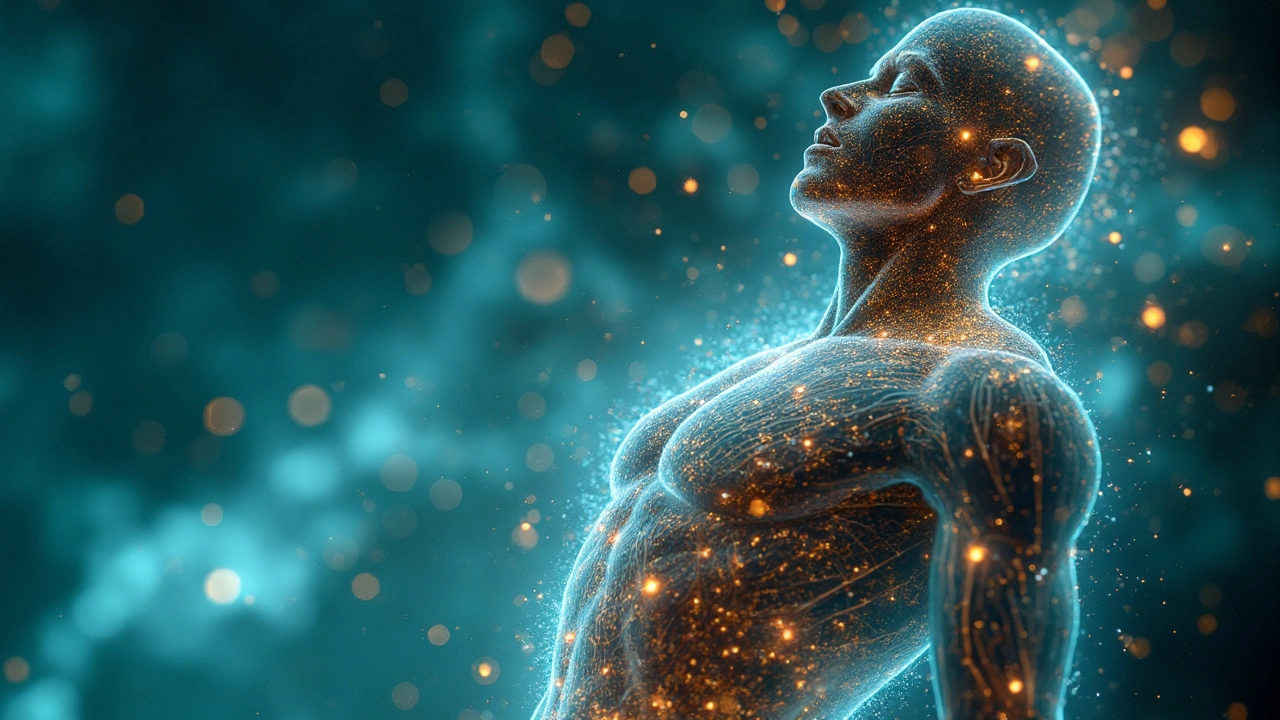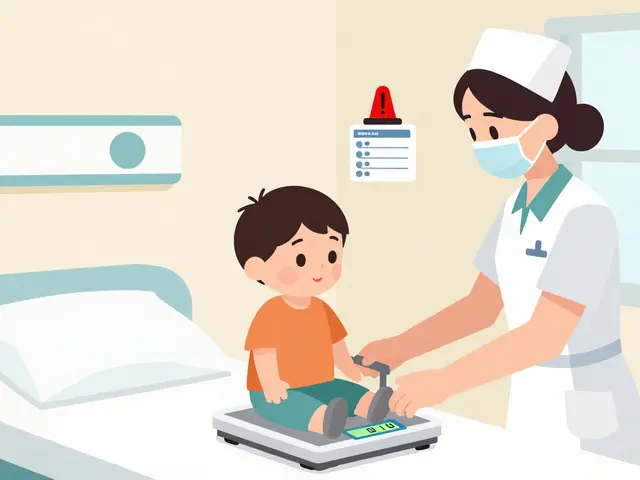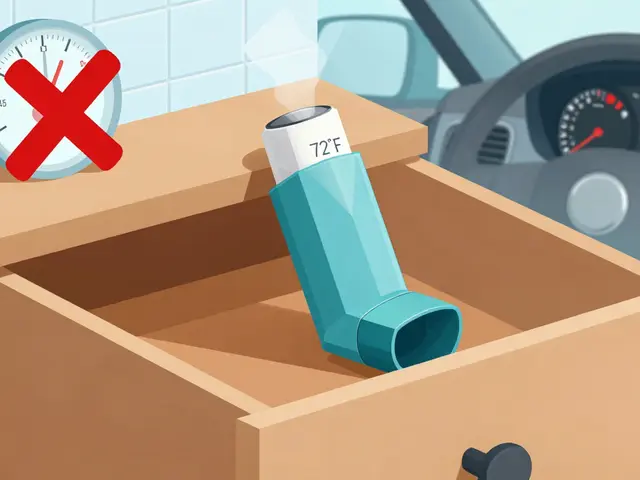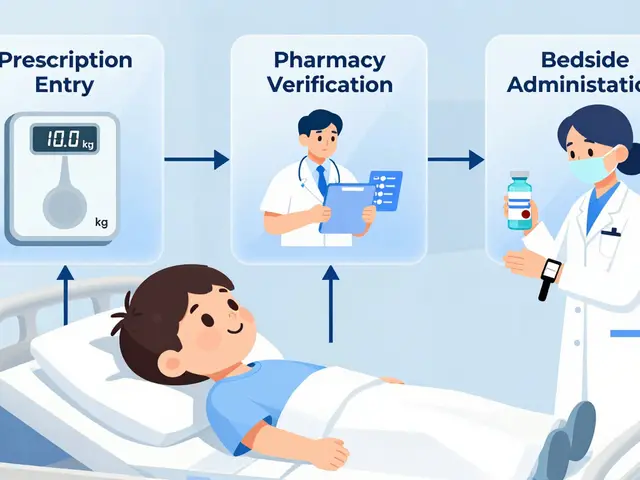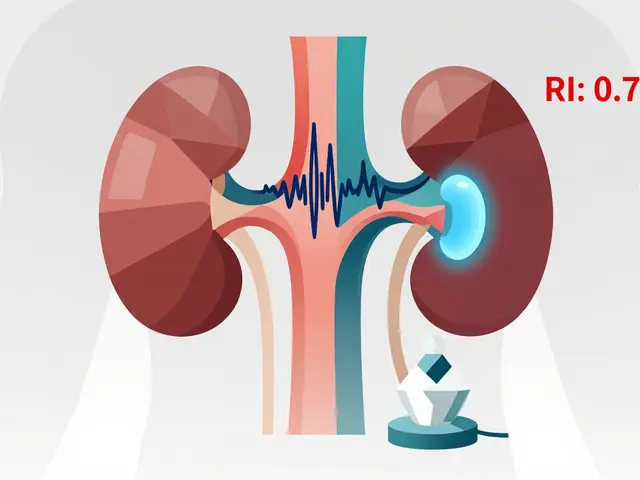Muscle Function: How Muscles Work and What Helps Them
Quick, practical guide to muscle function and simple steps to keep your muscles strong and working. Muscles contract and relax to make movement, keep posture, and generate heat. Each muscle cell relies on oxygen, fuel, and nerve signals. When one of those is missing you notice weakness, cramps, or fatigue. You can test basic strength at home with simple moves like a sit to stand or a timed walk.
Fuel matters. Eat protein with each meal and include carbs around workouts to refill muscle glycogen. Stay hydrated; even mild dehydration reduces power and coordination. If you take supplements, creatine and vitamin D have clear evidence for supporting strength in many people. Talk to your doctor before starting anything if you have medical issues or take other meds.
Exercise is the biggest lever. Aim for two to three strength sessions a week that work major muscle groups. Choose compound moves like squats, rows, presses, and lunges. Progress slowly by adding weight, reps, or range of motion. Add a day of active recovery with walking, swimming, or light cycling to keep blood flowing and reduce soreness.
Nerve health affects muscle function too. Conditions like neuropathy, entrapment, or stroke change signals and cause weakness or strange sensations. If you lose coordination or get sudden weakness, seek medical help fast. Your doctor may order simple tests like nerve conduction studies, blood work, or imaging to find the cause.
Medications can help or hurt. Steroids, statins, and some antivirals are known to cause muscle pain or weakness in some people. On the flip side, medications like certain hormones or enzyme therapies treat underlying muscle disorders. Always tell your prescriber about new muscle symptoms so they can adjust treatment or suggest safer alternatives.
Simple tests you can try: time how long you hold a wall sit, check grip strength with a hand squeeze, and count how many step ups you do in a minute. Track results in a notebook or phone app so you notice trends. If results drop by a lot over weeks, bring the data to your clinician.
When to see help
See a doctor if you have sudden severe weakness, trouble breathing, unexplained falls, or rapidly worsening muscle pain. Also seek care when muscle problems follow a new medicine or an infection. Early diagnosis speeds up effective treatment and lowers the risk of long-term loss of function.
Quick fixes that actually work
Massage, heat, and gentle stretching ease tightness and improve blood flow. For cramps, try drinking fluids with electrolytes and stretch the affected muscle slowly. Painkillers can help short term but don’t ignore persistent problems. Use ice after intense workouts for 24 to 48 hours to reduce inflammation, then switch to heat for stiff muscles.
Final note: small daily choices add up. Sleep, move, eat, and treat new symptoms early. That simple combo keeps muscles working longer and makes life easier. Want specific tips? Browse our articles or ask a question right now.
Explore how calcitonin, a hormone known for regulating calcium levels, impacts muscle function and strength. Uncover how it may contribute to maintaining muscle health, enhancing physical performance, and supporting recovery processes. Learn about its potential roles beyond bone health and how these might be leveraged in everyday fitness strategies.
Continue reading...

